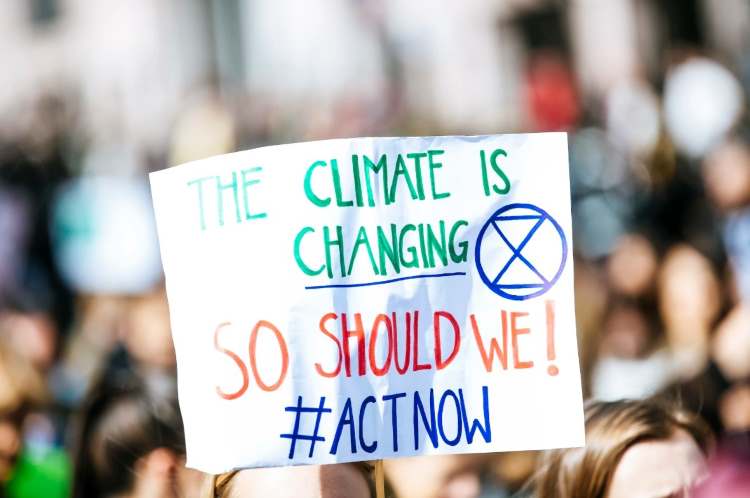
Climate change is one of the most critical and complex challenges faced by humanity. It is an issue that transcends geographical boundaries, intertwining the realms of science, economics, and geopolitics. Greenhouse gas emissions impact the planet irrespective of where they originate, and there is a need to recognise the long-term consequences of today’s actions. This demands a nuanced approach that balances immediate needs with long-term sustainability, and considers the interplay of various global factors in shaping the response to this pressing environmental issue.
Climate change’s spatial aspect is highlighted by the way greenhouse gases mix in the atmosphere, rendering the location of emissions irrelevant to their global impact. Economically, this presents climate change as a common global problem, challenging individual jurisdictions. The costs of transitioning from fossil fuels to renewable energy sources are primarily borne by the acting jurisdiction, while the benefits of such actions are distributed globally. This creates a classic free-rider problem, underscoring the necessity for international, albeit not necessarily global, cooperation.
The temporal aspect is equally complex. Greenhouse gases, especially CO2 with a half-life of over a hundred years, accumulate in the atmosphere. The most severe impacts of climate change are delayed, posing a significant political challenge in democracies where immediate benefits are often prioritised over long-term costs.
READ I An AI revolution is shaking up jobs, markets, and society
The global commons and intertemporal asymmetry
These spatial and temporal challenges make climate change a formidable global problem. For countries like India, these challenges are profound. India, a major player in the global energy economy, faces a delicate balance between economic growth and environmental sustainability. Its reliance on coal, oil, and biomass not only contributes to global CO2 emissions but also raises serious health concerns due to particulate emissions.
The transition to renewable energy sources, particularly solar photovoltaics, presents both opportunities and challenges. While this shift is essential for sustainable growth, it comes with significant costs and requires innovative public policy solutions.
Carbon pricing key to climate change mitigation
Economists often favour carbon pricing, either through carbon taxes or cap-and-trade systems, as a necessary tool for meaningful emissions cut. These mechanisms can provide incentives for carbon-friendly technological advancements and are considered the most feasible and cost-effective long-term approach. However, they are not a panacea. Other market failures, like the principal-agent problem and public good nature of information, necessitate a combination of pricing and non-pricing instruments.
The implementation of carbon pricing varies globally, with some regions adopting cap-and-trade systems and others implementing carbon or energy taxes. The effectiveness of these systems depends on their design, stringency, and scope. For instance, the EU’s cap-and-trade system has seen success, but challenges remain, particularly in achieving global coverage.
Carbon pricing and political acceptability
Making carbon pricing politically acceptable involves phasing in taxes or caps, earmarking revenues for fairness purposes, and addressing the economic design of complementary policies. This approach can balance immediate political needs with long-term environmental goals.
Addressing methane emissions presents a short-term opportunity to combat climate change effectively. Methane, though emitted in smaller quantities than CO2, has a much greater radiative forcing but a shorter atmospheric lifespan. Policies aimed at reducing methane emissions can thus have a significant immediate impact.
Addressing the challenge of climate change requires a nuanced, multi-pronged approach that recognises the intricate interplay of environmental, economic, and political factors on a global scale. It is evident that tackling this issue goes beyond mere environmental conservation; it is about reshaping how societies interact with their natural surroundings, economies, and governance structures.
The solution lies not just in immediate actions but in a sustained, strategic effort that looks ahead to the long-term impacts of today’s decisions. As the world navigates the complexities of climate change, the collective efforts in scientific innovation, economic restructuring, and international cooperation will be pivotal in steering humanity towards a more sustainable and resilient future.
(Robert N. Stavins is the A.J. Meyer Professor of Energy & Economic Development, John F. Kennedy School of Government, Harvard University. This article is the edited transcript of his presentation at an online discussion organised by EGROW Foundation, a Noida-based think tank.)

